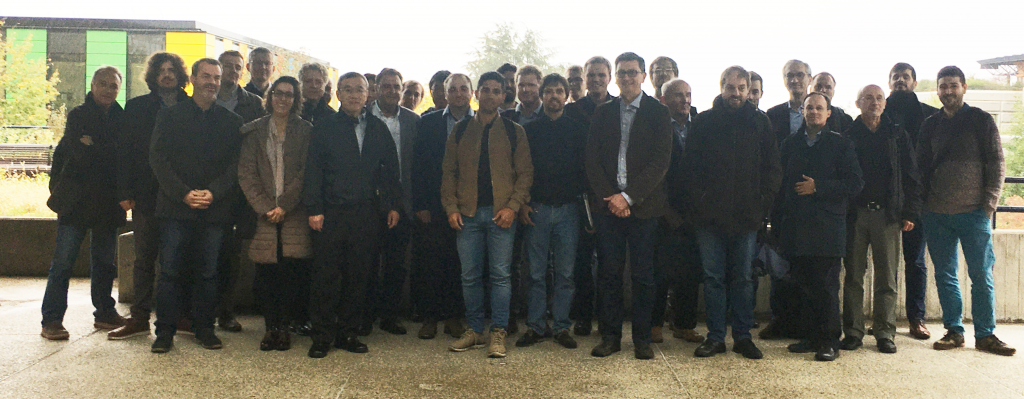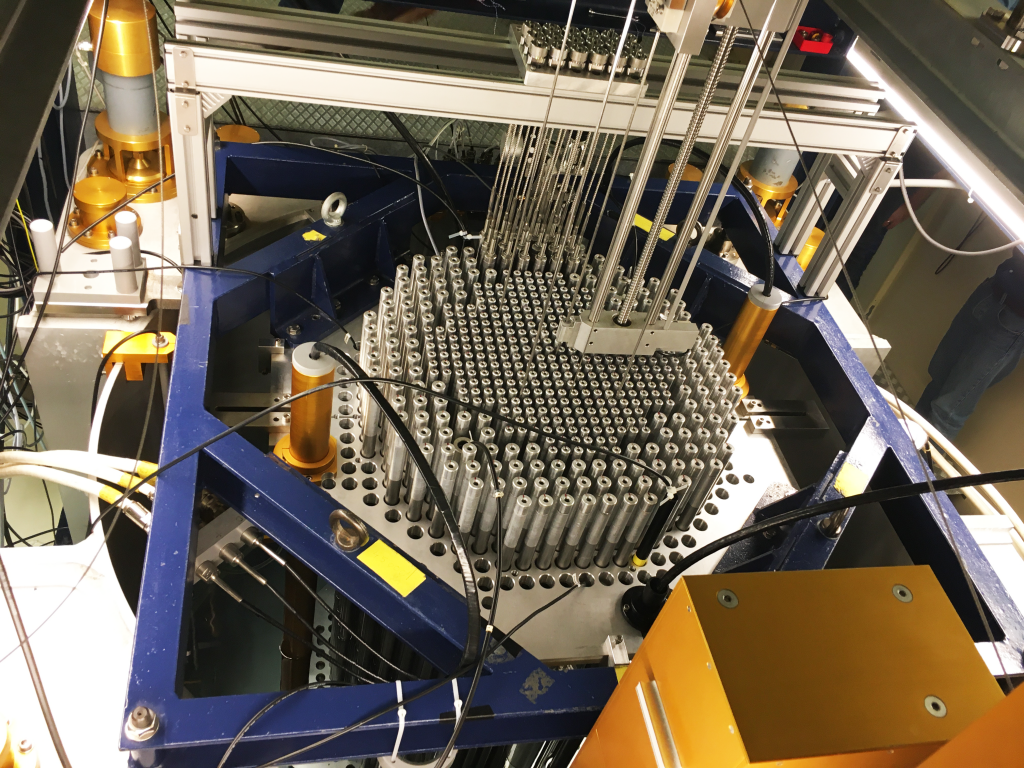CORTEX had its third annual meeting at “l’Ecole Polytechnique Fédérale de Lausanne” (EPFL, Lausanne, Switzerland) on October 14-16, 2019. The meeting was hosted by the Laboratory for Reactor Physics and Systems Behaviour (LRS), home of the CROCUS research reactor.

During three days, the CORTEX partners reported on the advancement of the project, under the scrutiny of the members of the Advisory End User Group representing various stakeholders of the nuclear industry. The project is well on track and on schedule. Major developments were achieved in the area of neutron noise modelling capabilities, in the validation of the modelling tools against experiments at the CROCUS and AKR-2 research facilities, and in the demonstration of the capability of the signal analysis and machine learning techniques to correctly classify anomalies and retrieve the actual location of the anomaly.

Congratulations to all the research teams for the progress achieved and the dedication to the overall CORTEX objective, which is of developing a new core monitoring technique for anomaly detection, classification, and localisation. The “cherry on the cake” of the three day meeting was the visit of the CROCUS reactor, where all participants could get a very close look at the research reactor and at the COLIBRI experiments, thanks to the CROCUS experimental team. We thank the EPFL/LRS team for the excellent organisation and the hospitality. The next annual meeting will head towards the Technical University of Dresden and its AKR-2 reactor in about a year. Stay tuned.
Prof. Christophe Demazière – CORTEX coordinator

